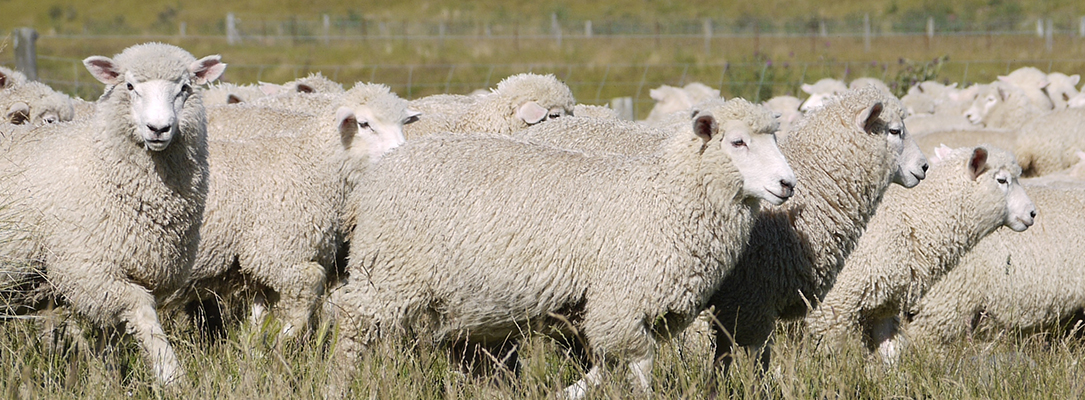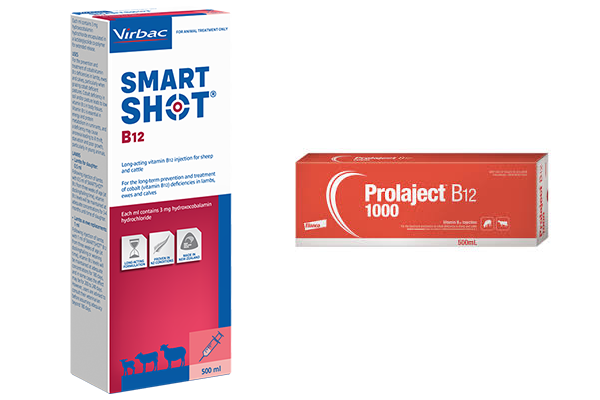
In ruminants, cobalt is needed for rumen microbes to make vitamin B12, which is required for the formation of glucose and amino acids. Cobalt or B12 deficiency impacts energy and protein metabolism, causing a starvation of sorts. Clinical signs of deficiency include anorexia, poor growth rates and ill-thrift. These signs could easily go unnoticed or be confused with a worm burden.
Many New Zealand soils are deficient in cobalt, and even when adequate, utilisation is highly variable. High soil pH, high manganese or high iron levels can reduce cobalt transfer from the soil to the plant. Plant factors are also important, with legumes and herbs accumulating more cobalt than grass. Seasonal factors play a part, with pasture having lower cobalt levels in spring and summer. At the individual animal level, gut fill and rumen microbial activity can also have an effect.
Deficiency can occur in calves, older ewes and cattle. However, young growing lambs are the stock class most susceptible to deficiency. This is due to their rapid growth over a time of the year when cobalt levels are at their lowest. B12 deficiency can start to be an issue in lambs after about three to four weeks of age, when the reserves from the ewe have depleted and the lambs are beginning to graze more. Grass-dominated pastures pose more of a risk for deficiency.
Cobalt is added to many drenches and, when given orally, it only lasts in the lamb’s system for between seven and ten days (if you are lucky). It is much more reliable and cost effective to bypass the cobalt phase and supplement B12 directly into the animal. Soluble B12 injections are an option that cause a transient spike in B12 levels, and which may sustain the animal for around a month. Long-acting B12 injections can maintain adequate levels for between six and eight months, which is great for minimising injections and keeping levels consistently in the adequate range over the risk period.

Blood samples, live liver biopsy and liver collected at slaughter are options for measuring B12 levels that you could discuss with your veterinarian. Vitamin B12 toxicity is not typically an issue as it is water soluble, and any excess is excreted in the urine. If you prefer not to test but wish to avoid what is effectively expensive urine, an on-farm treatment trial is an option. For example, half the lambs grazing in the same mob could be tagged and treated with vitamin B12 (SMARTSHOT®, or monthly injections of Prolaject™B12). Their weights could be compared monthly to gauge the value of treatment. You might have to run the trial for a couple of seasons to get a feel for it, because seasonal factors can play a part.
It would be well worth going over your animal health plan to make sure B12 has been covered, especially if you are grazing lambs.